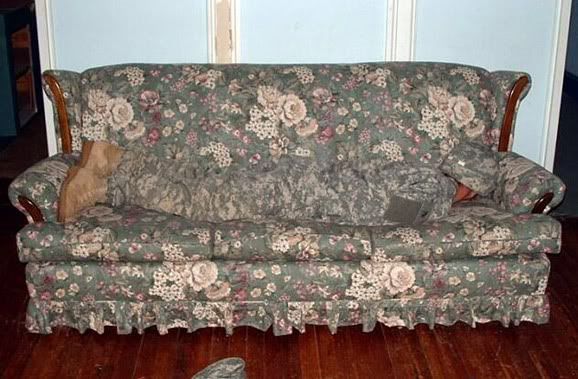im not going to say much coz im pretty brain dead from this week, but ill add something funny..
Question 25 -
If you move an object closer to the viewer
A. it has little or no effect on the viewer's perception of the object's size.
B. it causes the viewer to perceive the object as getting bigger.
C. it changes the viewer's perception ofthe object's shape.
D. it decreases the size of the retinal image of the object.
Do u know how i figured the answer to this question? lmao.
i held up a highlighter infront of my face and pulled it in, therefore, was able to determine the answer B.
i think someone said answer was C - the shape doesnt actually change. its size does, 'apparantly.'
GUESS THE GESALT PRINCIPLE 
LMAOOOOOOO

